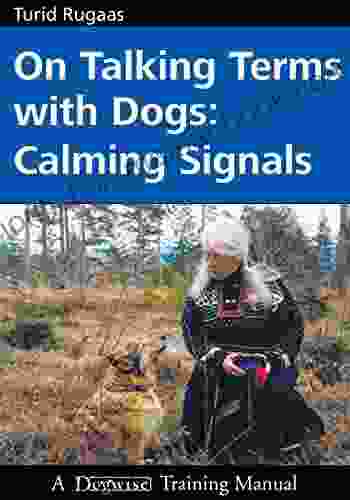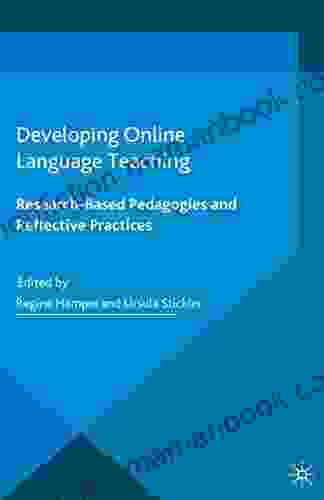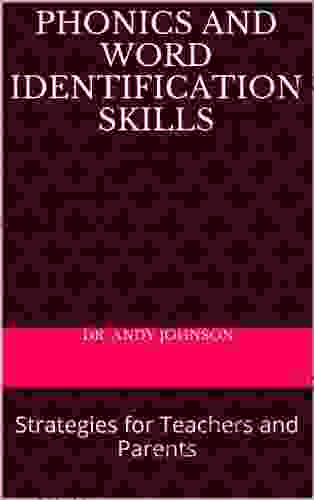Developing Online Language Teaching: Strategies, Tools, and Best Practices

5 out of 5
| Language | : | English |
| File size | : | 1626 KB |
| Text-to-Speech | : | Enabled |
| Screen Reader | : | Supported |
| Enhanced typesetting | : | Enabled |
| Word Wise | : | Enabled |
| Print length | : | 222 pages |
Online language teaching has emerged as a powerful and flexible alternative to traditional classroom-based instruction. It offers convenience, accessibility, and the potential for personalized learning experiences. However, developing effective online language teaching strategies requires careful planning, pedagogical expertise, and a deep understanding of the affordances and limitations of the virtual learning environment. This article will provide a comprehensive guide to developing online language teaching strategies, leveraging technological tools, and implementing best practices to enhance student engagement and learning outcomes.
Strategies for Effective Online Language Teaching
- Establish Clear Learning Objectives: Define specific and measurable learning goals that outline what students are expected to know and be able to do by the end of the course.
- Create Engaging and Interactive Content: Develop multimedia lessons that incorporate videos, audio clips, interactive exercises, and online simulations to capture student attention and promote active participation.
- Foster Collaborative Learning: Encourage students to interact with each other and the instructor through discussion forums, virtual breakout rooms, and online collaboration tools.
- Provide Regular Feedback and Assessment: Implement frequent formative assessments and feedback mechanisms to monitor student progress and provide timely support.
- Use Technology Effectively: Leverage technological tools to enhance communication, facilitate collaboration, and provide personalized learning experiences.
Technological Tools for Online Language Teaching
- Video Conferencing Platforms: Zoom, Google Meet, and Microsoft Teams enable real-time video and audio communication between instructors and students.
- Learning Management Systems (LMS): Canvas, Blackboard, and Moodle provide a central repository for course materials, assignments, and communication tools.
- Interactive Whiteboards: Miro and Jamboard allow students to collaborate on digital whiteboards, share ideas, and participate in brainstorming sessions.
- Language Learning Apps: Duolingo, Babbel, and Busuu offer interactive language exercises, vocabulary drills, and listening practice.
- Virtual Reality (VR) and Augmented Reality (AR): These technologies can create immersive learning experiences and enhance student motivation.
Best Practices for Online Language Teaching
- Build a Strong Online Community: Create a welcoming and supportive virtual classroom environment where students feel comfortable interacting and learning.
- Respect Cultural Diversity: Acknowledge and celebrate the diverse backgrounds and experiences of students.
- Provide Technical Support: Ensure students have access to technical assistance and troubleshooting resources to overcome any technological challenges.
- Stay Up-to-Date with Technology: Continuously explore new technological tools and pedagogical approaches to enhance the online language teaching experience.
- Seek Feedback and Evaluate Outcomes: Regularly gather feedback from students and analyze course data to evaluate the effectiveness of teaching strategies and make necessary adjustments.
Developing effective online language teaching requires a combination of pedagogical expertise, technological proficiency, and unwavering dedication to student success. By implementing the strategies, leveraging technological tools, and adhering to best practices outlined in this article, language educators can create engaging and transformative virtual learning environments that foster language acquisition, cultural understanding, and lifelong learning. As the field of online language teaching continues to evolve, ongoing research and experimentation will further refine and enhance our understanding of how to best support students in their language learning journeys in the virtual world.
5 out of 5
| Language | : | English |
| File size | : | 1626 KB |
| Text-to-Speech | : | Enabled |
| Screen Reader | : | Supported |
| Enhanced typesetting | : | Enabled |
| Word Wise | : | Enabled |
| Print length | : | 222 pages |
Do you want to contribute by writing guest posts on this blog?
Please contact us and send us a resume of previous articles that you have written.
 Top Book
Top Book Novel
Novel Fiction
Fiction Nonfiction
Nonfiction Literature
Literature Paperback
Paperback Hardcover
Hardcover E-book
E-book Audiobook
Audiobook Bestseller
Bestseller Classic
Classic Mystery
Mystery Thriller
Thriller Romance
Romance Fantasy
Fantasy Science Fiction
Science Fiction Biography
Biography Memoir
Memoir Autobiography
Autobiography Poetry
Poetry Drama
Drama Historical Fiction
Historical Fiction Self-help
Self-help Young Adult
Young Adult Childrens Books
Childrens Books Graphic Novel
Graphic Novel Anthology
Anthology Series
Series Encyclopedia
Encyclopedia Reference
Reference Guidebook
Guidebook Textbook
Textbook Workbook
Workbook Journal
Journal Diary
Diary Manuscript
Manuscript Folio
Folio Pulp Fiction
Pulp Fiction Short Stories
Short Stories Fairy Tales
Fairy Tales Fables
Fables Mythology
Mythology Philosophy
Philosophy Religion
Religion Spirituality
Spirituality Essays
Essays Critique
Critique Commentary
Commentary Glossary
Glossary Bibliography
Bibliography Index
Index Table of Contents
Table of Contents Preface
Preface Introduction
Introduction Foreword
Foreword Afterword
Afterword Appendices
Appendices Annotations
Annotations Footnotes
Footnotes Epilogue
Epilogue Prologue
Prologue Ronnee Yashon
Ronnee Yashon Torkom Saraydarian
Torkom Saraydarian Jennifer Chang
Jennifer Chang Jamaica Kincaid
Jamaica Kincaid Kimberly Owen
Kimberly Owen Derrick Brown
Derrick Brown Jennifer Rayes
Jennifer Rayes Kristin Kobes Du Mez
Kristin Kobes Du Mez Lucinda Riley
Lucinda Riley Washington Irving
Washington Irving Jorge Cervantes
Jorge Cervantes Carrie Morey
Carrie Morey C Fred Bergsten
C Fred Bergsten Michael S Roth
Michael S Roth James Swallow
James Swallow Cherie Jones
Cherie Jones Peter Golden
Peter Golden D M Baker
D M Baker Molly Black
Molly Black Christopher Charlton
Christopher Charlton
Light bulbAdvertise smarter! Our strategic ad space ensures maximum exposure. Reserve your spot today!
 Terry BellFollow ·16k
Terry BellFollow ·16k Clarence BrooksFollow ·2.3k
Clarence BrooksFollow ·2.3k Chuck MitchellFollow ·11.5k
Chuck MitchellFollow ·11.5k Osamu DazaiFollow ·9.6k
Osamu DazaiFollow ·9.6k Clay PowellFollow ·5.3k
Clay PowellFollow ·5.3k Clayton HayesFollow ·3.6k
Clayton HayesFollow ·3.6k Simon MitchellFollow ·8k
Simon MitchellFollow ·8k Theodore MitchellFollow ·13.4k
Theodore MitchellFollow ·13.4k

 Steve Carter
Steve CarterUnveiling the Rich Theatrical Tapestry of Russia: A...
Origins and Early...

 Frank Butler
Frank ButlerOn Talking Terms With Dogs: Calming Signals and the...
For centuries, dogs have...

 Leo Tolstoy
Leo TolstoyThe Inside Guide to Applying and Succeeding in...
Applying to...

 Cole Powell
Cole PowellThe Political Economy of Global Finance, Farming and...
The global...
5 out of 5
| Language | : | English |
| File size | : | 1626 KB |
| Text-to-Speech | : | Enabled |
| Screen Reader | : | Supported |
| Enhanced typesetting | : | Enabled |
| Word Wise | : | Enabled |
| Print length | : | 222 pages |
















